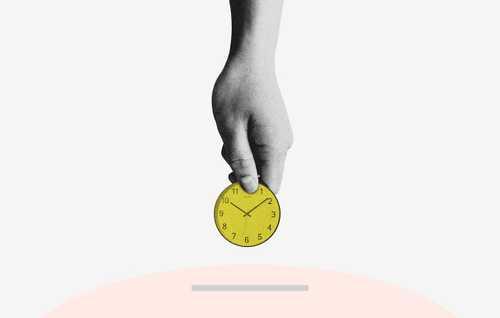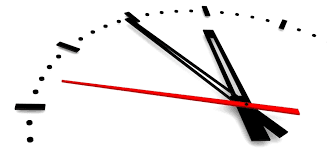15 Time Boxing Strategies to Get Things Done - Litemind
Curated from: litemind.com
Ideas, facts & insights covering these topics:
10 ideas
·42.2K reads
169
Explore the World's Best Ideas
Join today and uncover 100+ curated journeys from 50+ topics. Unlock access to our mobile app with extensive features.
Time boxing
It is one of the most effective time management tools.
Time boxing is about fixing a time period to work on a task or group of tasks. Instead of working on a task until it’s done, you commit to working on it for a specific amount of time.
2.76K
8.19K reads
Dealing with small tasks
Time boxes are a great way to tackle those small but annoying tasks.
A good strategy for dealing with them is to fix a time period and tackle all of them at one sitting.
1.84K
4.79K reads
Overcome procrastination
If you're procrastinating on a task, don't force yourself to finish it. Just put it in a time box.
Setting a time for it will help you overcome your resistance towards the task and chances are that when the time is up you’ll have built enough momentum to continue working on it much longer.
2.26K
4.73K reads
Conquer perfectionism
If you're a perfectionist, you probably dwell on a task for so long that when you notice, a big chunk of your time is gone.
To avoid perfectionism, having a definite cut-off time for a task is one of the best strategies you can use.
2.02K
4.24K reads
Sharpen your focus
Time boxing a particular task helps with excluding other tasks and unrelated thoughts from your radar during that particular time window.
Reducing mental clutter is essential if you want to be fully productive.
1.85K
3.96K reads
Boost motivation
Big tasks, no matter how important, can be demotivating, because you need to work for too long to see their outcomes.
But just like the simple act of crossing off items from your to-do list can be motivating, so is successfully completing a time box. Completing a time box works as a visible sign of progress.
1.84K
3.63K reads
Raise time awareness
How many times have you wondered at the end of the day where did all your time go?
Being more aware of how much you can really fit in your time helps you say ‘no’ to unimportant things more often. Structuring your day in time boxes will help you control how you spend your time.
1.81K
3.11K reads
Create a work rhythm
You only get maximum effectiveness if you properly balance periods of work and rest. Time boxes provide a great framework to allow this balance to happen. The key is to find your own rhythm.
Alternating between different types of time boxes (such as work/rest, or hard/easy tasks) maximizes your use of energy and enables you to accomplish much more.
1.69K
2.96K reads
Get meaningful work done first
Working on your most important projects first thing in the morning will guarantee that you do meaningful work in your day.
Create a time box to work on your biggest goals every day — before the world out there has a chance to disrupt your plans.
1.88K
3.16K reads
Balance your life
We usually become too focused on a specific area of our lives at the expense of others.
Pre-allocating time boxes for the things that matter most is an excellent strategy to help you live a balanced life.
1.63K
3.43K reads
IDEAS CURATED BY
Kaleb 's ideas are part of this journey:
Learn more about timemanagement with this collection
How to delegate tasks efficiently
How to use technology to your advantage
How to optimize your work environment
Related collections
Similar ideas
24 ideas
23 Time Management Techniques of Insanely Busy People
dansilvestre.com
3 ideas
How To Multiply Your Time | Case Study on Time Management
begreaterthanthink.blogspot.com
7 ideas
Everything you need to Know about Time Blocking - nTask
ntaskmanager.com
Read & Learn
20x Faster
without
deepstash
with
deepstash
with
deepstash
Personalized microlearning
—
100+ Learning Journeys
—
Access to 200,000+ ideas
—
Access to the mobile app
—
Unlimited idea saving
—
—
Unlimited history
—
—
Unlimited listening to ideas
—
—
Downloading & offline access
—
—
Supercharge your mind with one idea per day
Enter your email and spend 1 minute every day to learn something new.
I agree to receive email updates









